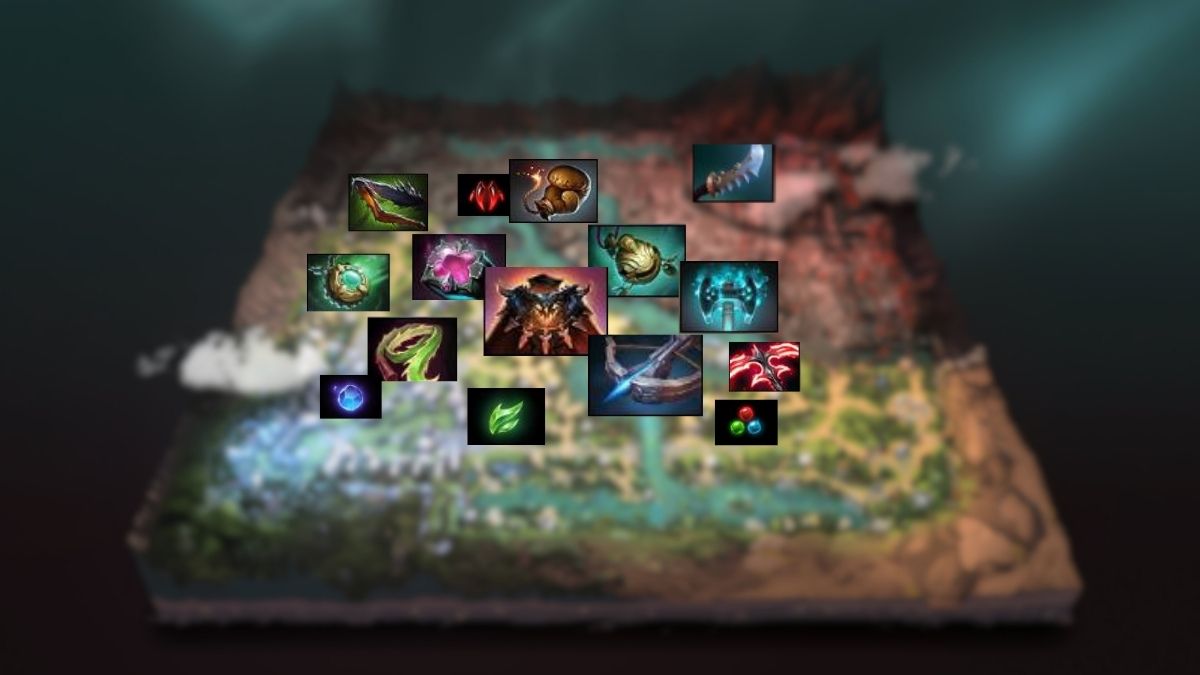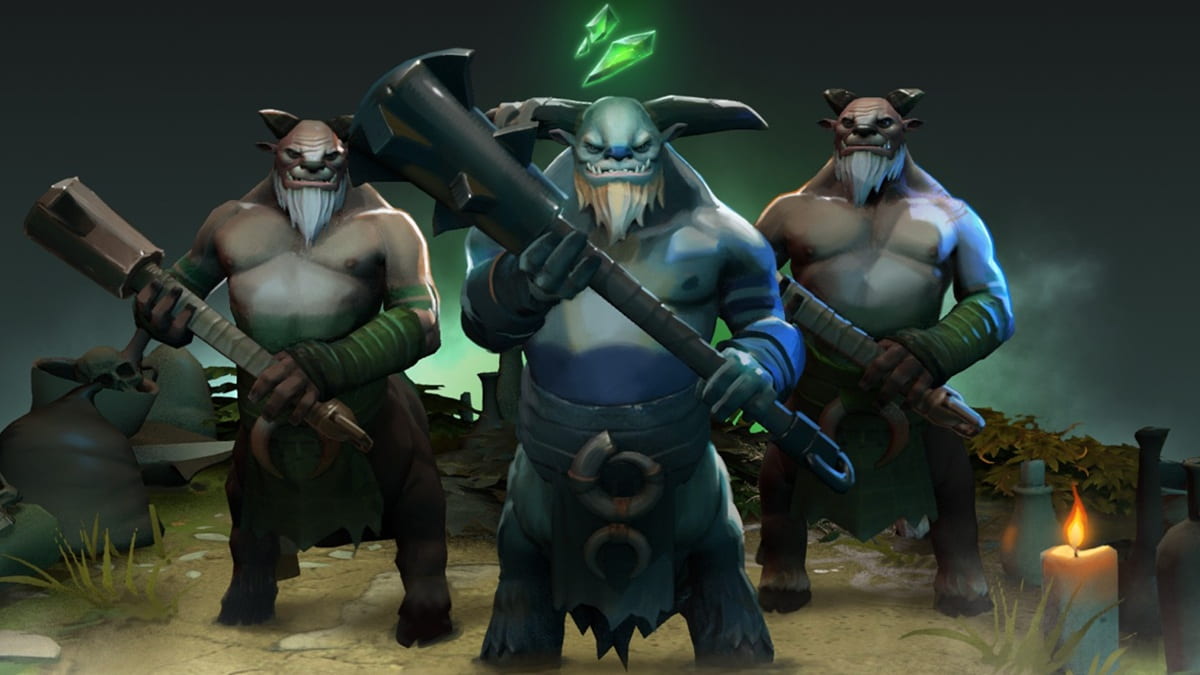The Dota 2 community has been very vocal about issues with the game’s matchmaking system for a while now. Several months ago, Valve implemented a new criteria for matchmaking called “behavior score,” which matches players based on their in-game behavior towards teammates and opponents—sometimes more so than actual matchmaking rating (MMR).
This has been causing some games to have players with wildly varying MMR values, thus creating a frustrating gameplay experience where high-skilled players are matched with those who aren’t as well-versed with the game.
Today, however, Valve has rolled out a patch that adjusts the matchmaking system, such that behavior score is less significant as a matchmaking factor. Behavior score-based matchmaking will now focus on the worst offenders in terms of in-game conduct, rather than the general population of Dota 2 as a whole, according to the patch notes.
In addition, adjustments have been made to each account’s existing behavior score, in order to reflect the changes to the matchmaking system.
Matchmaking is also now more sensitive to an account’s number of games played, rather than behavior score. Smurf detection is still in place, however, so new accounts with higher-than-usual stats will be matched according to skill level instead of sheer game count.
This should, in turn, allow for better quality matches across the board. Players should see significantly smaller disparities in MMR, as well as less extreme toxicity throughout the community.
Lastly, Valve is now cracking down hard on account sellers, bot users, and feeders—primarily through improved algorithms for the purpose of automatically detecting and flagging accounts exhibiting such behavior. Matchmaking bans, which started some time last week, have been issued against known offenders.












Published: Oct 4, 2017 10:05 am